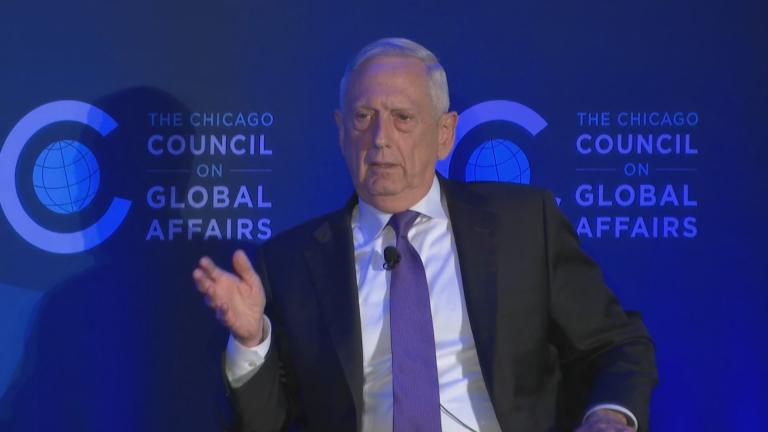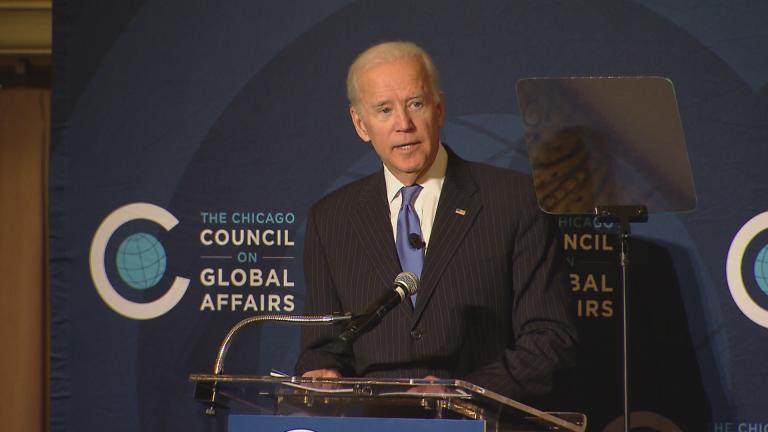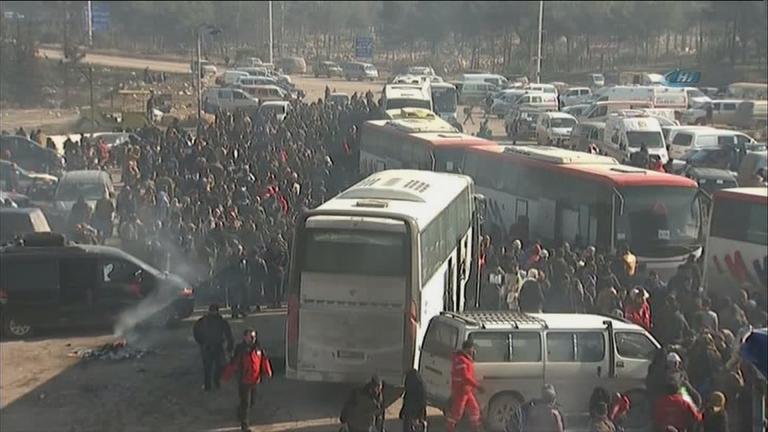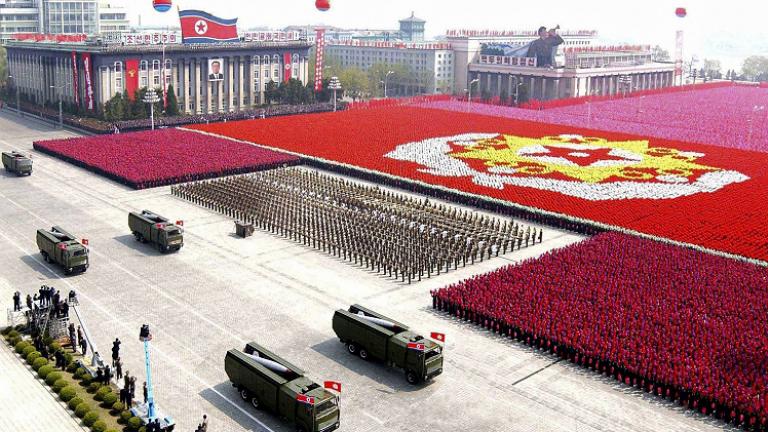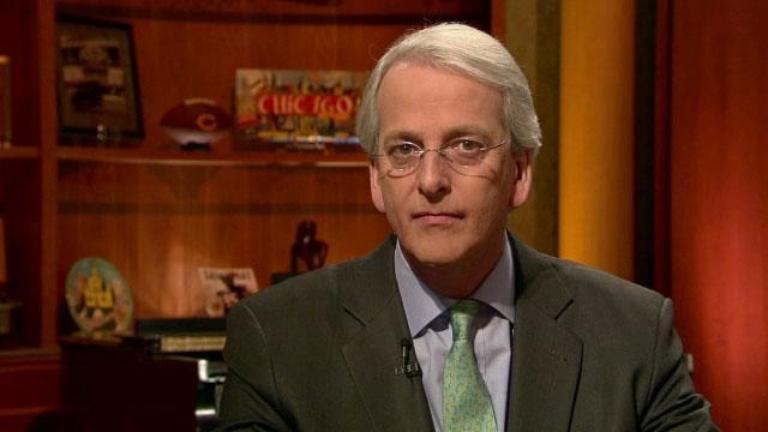The Chicago Council on Global Affairs turns 100 this year.
The organization was created in 1922 amid isolationist sentiment in the U.S. following World War I.
Since then, it has brought an international “who’s who” of speakers and world leaders to Chicago to discuss America’s place and role in the world. Visitors have included former president of the Soviet Union Mikhail Gorbachev, British Prime Minister Margaret Thatcher and President Barack Obama.
And given recent events in Ukraine, the council’s role would seem as relevant now as it was in 1922.
“It got started to just educate Chicagoans about what was going on in the world,” says Richard Longworth, a distinguished fellow at the council and formerly a longtime foreign correspondent for the Chicago Tribune and United Press International.
“We had just come off World War I (and) it suddenly had dawned on people out here — this was a very isolationist part of the country, but most of the country was isolationist — and it dawned on Americans and on Midwesterners that what was going on in the rest of the world affected us in a very direct way,” Longworth said. “We couldn’t stay here in our Midwestern isolation and hide off from the rest of the world.”
Longworth, who has written a new book for the council’s centenary called “Chicago and the World: 100 years of the Chicago Council on Global Affairs,” says that while the council was and is nonpartisan, during the 1930s, as the storm clouds of war gathered over Europe, that nonpartisan approach was severely tested.
“That debate in the ‘30s really stretched this nonpartisanship to almost the breaking point,” says Longworth. “The council itself presented programs on both sides. People who were pro-Mussolini, a couple of outright Nazis were on the stage. Some isolationists spoke to the council. But behind the scenes, a number of council members (including Adlai Stevenson) were leading the campaign in the Midwest to provide aid to the Allies.”
While initially founded as an organization primarily targeting Chicago and Midwestern elites, the council soon looked to develop a broader audience.
Initially using radio, and then, in 1955, it launched a foreign affairs talk show on WTTW called “World Spotlight” looking to take advantage of the “newfangled technology” of television, says Longworth.
“Our director at the time, Carter Davidson, was a former foreign correspondent. He was a radio and TV guy. He was very good on there and he ran these shows and they were extremely popular through most of the ‘50s,” said Longworth.
With Russia’s invasion of Ukraine, Longworth says there are clear parallels between Europe now and the Europe that blundered into two world wars in the 20th century, including parallels between Russia President Vladimir Putin’s invasion of Ukraine and Adolf Hitler’s invasion of the Sudetenland in Czechoslovakia in 1938.
“Putin and Hitler — both great bullies being backed by strong countries and strong armies trying to overpower and invade their weaker neighbors,” said Longworth. “Raising the question, as it was raised back in the 1930s, is this our fight? How much do we owe? How much do we Americans and how much do we Chicagoans have at stake in this battle thousands of miles away? We made the decision back in the 1930s that yes it was our battle. And it seems like we’re making the same decision right now.”
Longworth, along with Chicago Council on Global Affairs president Ivo Daalder, joined Paris Schutz to discuss the council’s first 100 years and its role in the 21st century.
On Thursday, the Chicago Council on Global Affairs will honor President Barack Obama and cellist Yo-Yo Ma for their extraordinary contributions toward creating a more open and promising world for all at a special centennial gala dinner.

